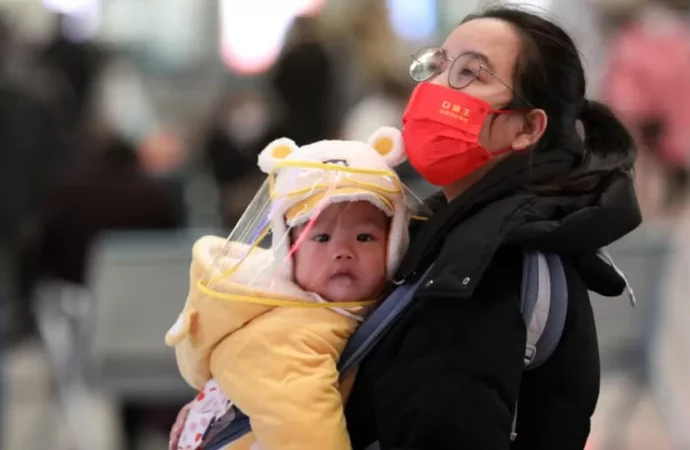China is paying heavily for the ‘one child’ policy from 7 years ago. The policy was introduced in 1979 to slow population growth in the country. China is however paying very heavily 7 years after scrapping this policy with the highest fall in population accompanied by an ageing population, It is reported to have fallen
China is paying heavily for the ‘one child’ policy from 7 years ago. The policy was introduced in 1979 to slow population growth in the country.
China is however paying very heavily 7 years after scrapping this policy with the highest fall in population accompanied by an ageing population, It is reported to have fallen for the first time in 60 years, childbirth per 1000 people being at low -6.77.
The country has also registered more deaths than births for the first time. The death rates are predicted to go higher in 2023 more than pre-covid due to Covid infections – Yue Su said.
“This trend is going to continue and perhaps worsen after Covid,” says Yue Su, principal economist at the Economist Intelligence Unit. Ms Su is among experts who expect China’s population to shrink further through 2023.
“The high youth unemployment rate and weaknesses in income expectations could delay marriage and childbirth plans further, dragging down the number of newborns,” she added.
Families that defied the ‘one child’ policy in China were fined at the time while some even lost their jobs. The policy was reversed in 2016 where government allowed married couples to have two children. The government even offered incentives like: tax breaks, better maternal health care in order to reverse the low birth rate.
The president of China promised to make this a priority in the quest to reverse the ageing population in china.
courtesy photo.































Leave a Comment
Your email address will not be published. Required fields are marked with *